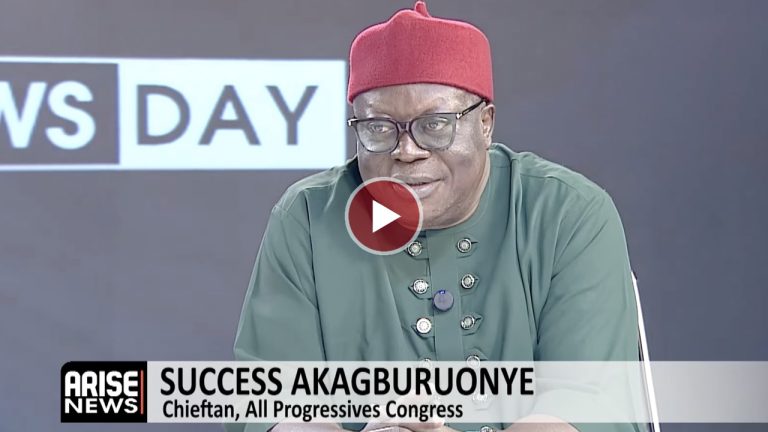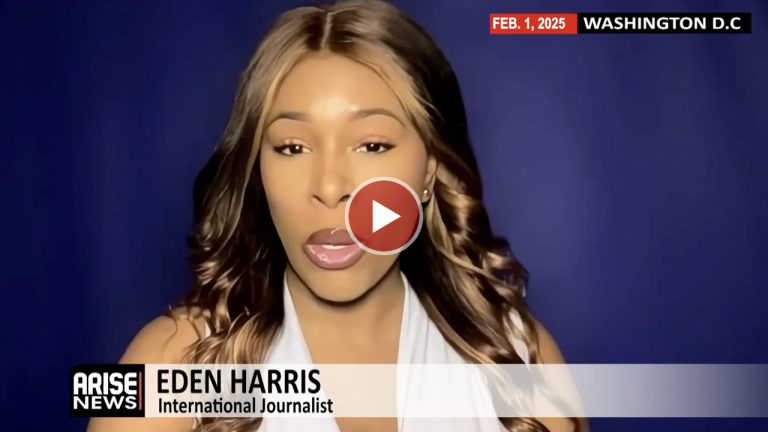

Security and policy analyst, Dr. Kabir Adamu, has described US President Donald Trump’s threat to launch military action against Nigeria as “a complete violation of the rules-based international system,” warning that the development must be handled through diplomacy and strategic engagement.
Speaking in an interview with ARISE News on Sunday, Adamu said Trump’s action was unsurprising given his record during his first tenure, when Nigeria was similarly listed as a “country of particular concern” on issues of religious freedom.
“This is not surprising for anyone who understands international politics. During his first tenure, Trump categorised Nigeria as a country of particular concern, and now that he’s back in office, we are seeing a repetition of that cycle,” he explained.
He said all the warning signs were visible before the announcement.
“As early as March this year, the US Congress passed a resolution to that effect. In July, the United States Commission for International Religious Freedom released its report recommending Nigeria’s categorisation. Several congressional delegations also visited Nigeria — mostly to Benue and Plateau states — which showed the slant of the reports they were compiling.”
However, Adamu warned that threatening a sovereign country with invasion “goes completely against the rules-based system that governs international relations.”
“Another country cannot threaten the sovereignty of another state over an allegation it hasn’t even allowed the other country to respond to,” he stressed. “This escalation clearly points to domestic politics in the US, especially Trump’s attempt to consolidate his support base by presenting himself as a defender of Christianity worldwide.”
The analyst dismissed claims that Trump’s position reflected US hostility towards the Tinubu administration or a desire to control Nigeria’s mineral wealth.
“Statecraft is not run on conspiracy theories,” he said. “It’s run on intelligence and established diplomatic platforms. At this point, what Nigeria needs is coordinated statecraft, not speculation.”
Adamu criticised the federal government’s apparent silence, urging a coordinated national response.
“If another country is threatening to attack us, our risk level should be at the highest. Yet, I haven’t seen any serious response from the government,” he noted. “We need to start de-risking and de-escalating immediately.”
He welcomed President Tinubu’s reported plan to meet Trump directly, saying dialogue between both leaders was the most effective way to reduce tensions — but cautioned that the discussion must be grounded in facts, not rhetoric.
“If the meeting will just repeat what government officials have been saying, then I doubt if it will help. The government needs to admit that killings exist — affecting both Christians and Muslims — and acknowledge its weaknesses while showing evidence of what has been done to curb violence.”
He urged the government to present verifiable data on security progress and foster unity among religious groups.
“We need a joint statement from the Christian Association of Nigeria and the Supreme Council for Islamic Affairs to show that we’re united,” he said. “The world must understand that Nigerians reject religious killings and that what we need from America is support, not threats.”
On whether he felt persecuted as a Muslim, Adamu said his sense of safety depended on location and circumstance.
“Personally, I feel safe in Abuja. But if you ask the family of General Alkali, who was killed in Plateau simply because he was a Muslim, they would tell you otherwise. Safety in Nigeria depends on where you live and your level of vulnerability,” he explained.
He reiterated that Trump’s threat was an overreach.
“We are a sovereign state. But Trump has abandoned the rules-based order that the world has embraced. He’s jettisoned multilateralism and bilateralism. We should have anticipated this and put preventive measures in place when he returned to power,” he said.
Adamu concluded by urging the Nigerian government to strengthen intelligence forecasting, adopt proactive diplomacy, and demonstrate unity in addressing insecurity.
“It’s not too late,” he said. “Nigeria must act strategically — with facts, diplomacy, and unity — to protect its sovereignty and people.”
Boluwatife Enome



